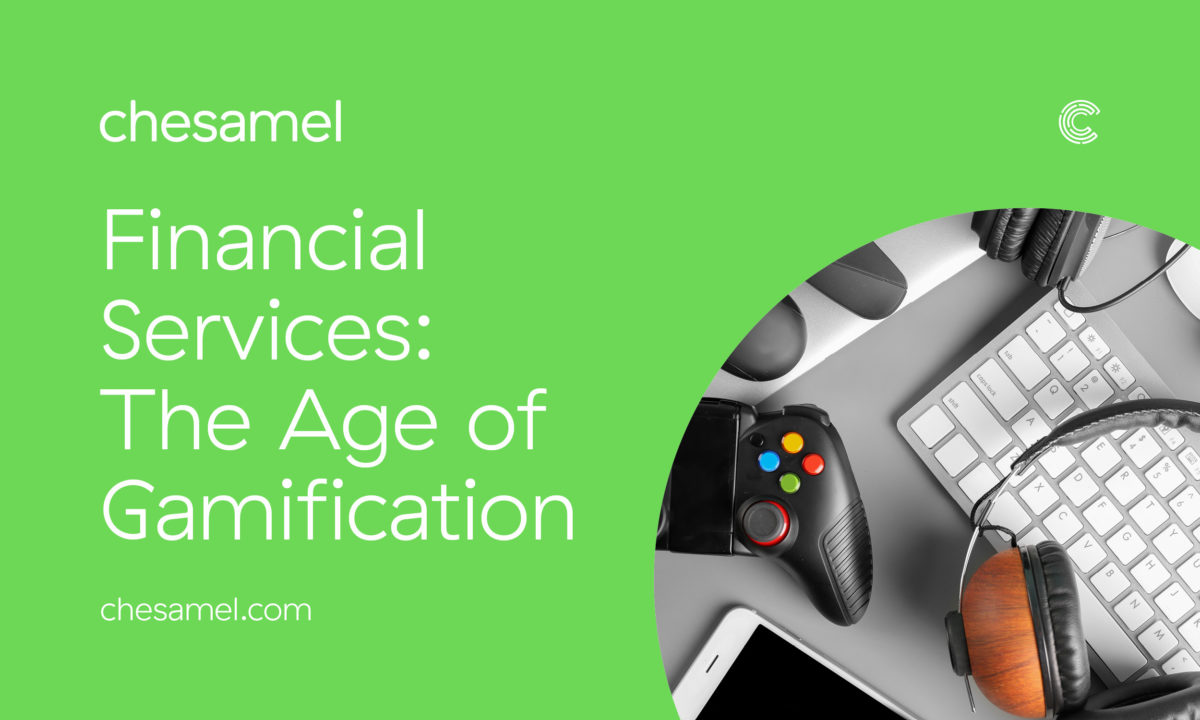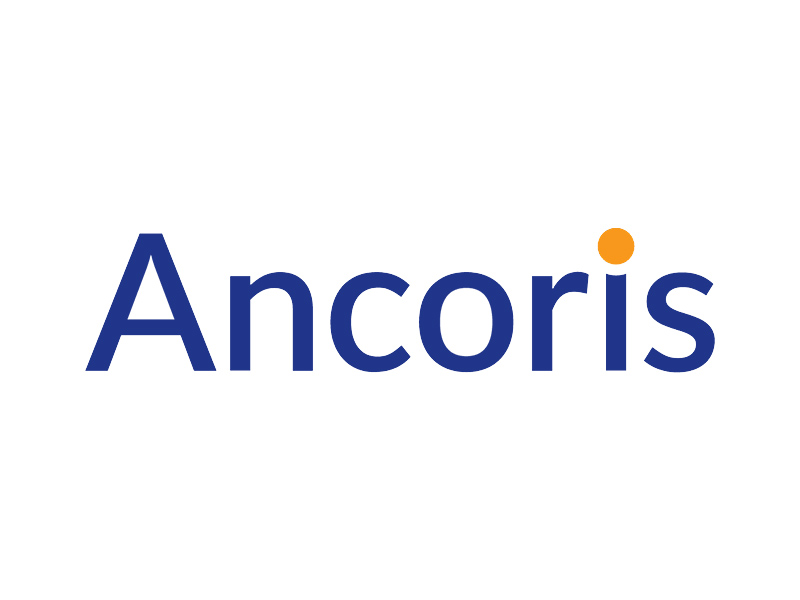Google changes their algorithms relatively frequently and although they may announce when this has happened, we don’t always know exactly what has been involved, what changes have actually taken place and most importantly of all, what these changes mean for our marketing strategy?
So one might ask, how can we take notice and apply it to our marketing strategy if we don’t really know what Google is looking for? Of course, Google isn’t going to make it easy for any and all to master the system they use to bring the best and most relevant content to the table when searches are made. If this were the case there would be a very different selection of pages served up to us on the first page of search which would not be content rich and probably very product and sales driven.
This is not what Google are about, they want to provide us with most relevant information ‘to organize the world’s information and make it universally accessible and useful’ and to do that, they need ways – ever-changing ways – to assess who is producing the most valuable content, who is genuinely and regularly active on their site and which pages consumers are finding the most useful. So, aside from following some standard SEO best practice: keeping your site regularly updated, focusing on your researched keywords and using them professionally (ie. not keyword stuffing), properly formatting your headings, URLs and image tags, what else can you include in your marketing strategy?
What do we know that Google value?
While Google’s don’t publish the specifics of the algorithm changes they have made, they do provide guidelines on what content providers and websites should be focusing on to place themselves in the best position to be found and ranked.
With this in mind, which aspects of search do we know we should be focusing on in our marketing strategy to further improve SEO and search rankings?
Security
Security is of growing importance each day, as digital capabilities grow, so do the ways hackers find to abuse them and access your customer’s information and data. Google, clearly care about this. They want to serve up only secure sites to their users, so ensuring that your site, sites that you link to and downloads you offer are all safe and secure is one way to begin building a strong site in Google’s eyes.

Voice Search
Ok Google, Alexa and Siri, we talk to our devices as much as we tap them in 2019 and this too is only set to rise, the convenience this offers users to search on the go or while multitasking is colossal. Sundar Pichai, Google CEO stated that one-fifth of the queries on Google are voice searches.
The speed of response is something which is key for voice search, the information needs to be clear to Google to give you the answer right away, you won’t be searching the results page yourself to pick out the nuggets of information you want.
- Keep your GMB listing up to date and full of information!
- Optimise your online pages for the keywords you know your customers are looking for!
- Concentrate on snippet listings and optimising your articles and pages for these!
Mobile optimisation
Did you know that ‘up to 70% of web traffic happens on a mobile device’ (CIODive)? And that, as consumers, we’re spending around 5 hours per day on our mobile devices (Adweek)? Utilise this time, this captive audience by supplying them with a responsive page. Google wants this too; remember, they want to provide their customers with the most relevant content so if a good proportion of their users are searching on mobile devices, a mobile-friendly site is a huge pro and therefore better for your SEO rankings. ‘69% of smartphone users also say that they are more likely to buy from companies with mobile sites that easily address their questions or concerns’ (BrightEdge, 2017)
Linkless mentions
Good strong, secure and related links are good for your SEO, yes, however you may have heard online chat about the use of linkless mentions. This is (as it says on the tin) the mention of another site, brand or person which can be picked up by Google without the use of a link. So gaining as many mentions on as many respectable sites and in online text as possible could be incorporated into your marketing strategy. There are tools which will help you track this too, otherwise, these mentions might be helping you but you’ll never know!
Keep your eyes peeled for algorithm updates online and try to follow the guidelines Google set, they’ll give as much helpful information as possible but you do have to put the work in too! If this is not your area of expertise, then hiring a professional or an SEO company to help you here is not a bad idea at all!












